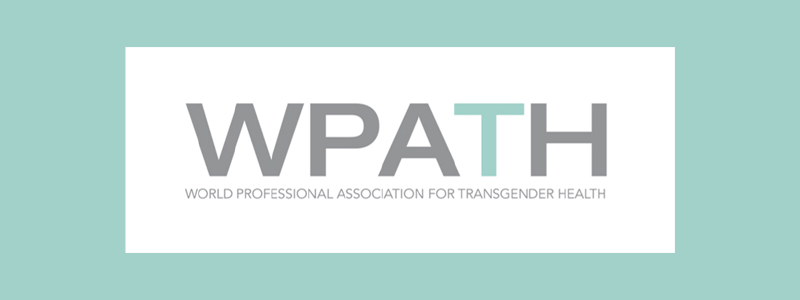
'Not using preferred pronouns is conversion therapy' – new international guidance
The ‘World Professional Association for Transgender Health’ (WPATH) has issued new guidance on medical healthcare for trans people.
Known as ‘Standards of Care version 8’, the new guidance says that ‘conversion therapy’ includes not using the new name or chosen ‘pronouns’ of a trans young person.
The guidance also includes horrifying recommendations for medical professionals, including performing ‘gender-affirming’ surgery on under-18s, and recognising ‘eunuch’ as a gender identity which even children might identify as.
Conversion therapy
Applying specifically to the advice of medical staff, the new document says conversion therapy for young people: “may include choosing not to use the youth’s identified name and pronouns or restricting self-expression in clothing and hairstyles”.
It is an extraordinary claim to make. ‘Conversion therapy’ is a term used to describe horrific practices including electro-shock experiments and so-called ‘corrective rape’. To suggest that how a child dresses or the name they are known by would fall into the same category is thoroughly disingenuous.
While the guidance does not specify that this description should apply to legislation, it is clear it will be used in this way by activists who want an ever-more repressive law. It opens wide the door to accusations of ‘conversion therapy’ being made against anyone who refuses to bow to LGBT thinking.
Extreme ideology
In June, WPATH hit the headlines after convincing the Scottish Government to claim ‘eunuch’ should be a gender – in a mistakenly released report. Now the guidance shows what the Scottish Government bought into months ago: extreme ideology and ever-increasing categories of gender identities.
And we reported in July that the group was expected to say in the new guidance that double mastectomies should be offered to girls aged just 15, and cross-sex hormones to anyone aged 14. Those fears over encouraging lifelong medicalisation of vulnerable children appear to have proved true. Though those precise ages are no longer given, the guidance includes recommendations on how to provide gender-affirming surgery to ‘adolescents’ (post-puberty under-18s). It says that parents should be involved “unless their involvement is determined to be harmful to the adolescent or not feasible”. Given the extremely broad description of ‘conversion therapy’, it appears those sceptical of radical gender ideology would fall into the category of ‘harmful’ parents.
Thankfully the UK doesn’t automatically follow WPATH’s recommendations. UK medical bodies have their own guidelines for transgender healthcare: those for under-18s are under investigation as part of the Cass Review. But WPATH does have many adherents in the UK, including around 100 individual medical practitioners. Many trans activists will look at the new guidance very favourably indeed.
We must pray that these extreme views do not make it onto the statute book. A conversion therapy law which bans not using someone’s ‘preferred pronouns’ would not only destroy freedom of speech, but enshrine compelled speech.
Plans to outlaw conversion therapy – what to expect in 2026?
2025-12-23 09:47:27Aus Christians unite against extreme conversion therapy law
2025-12-10 12:15:40
